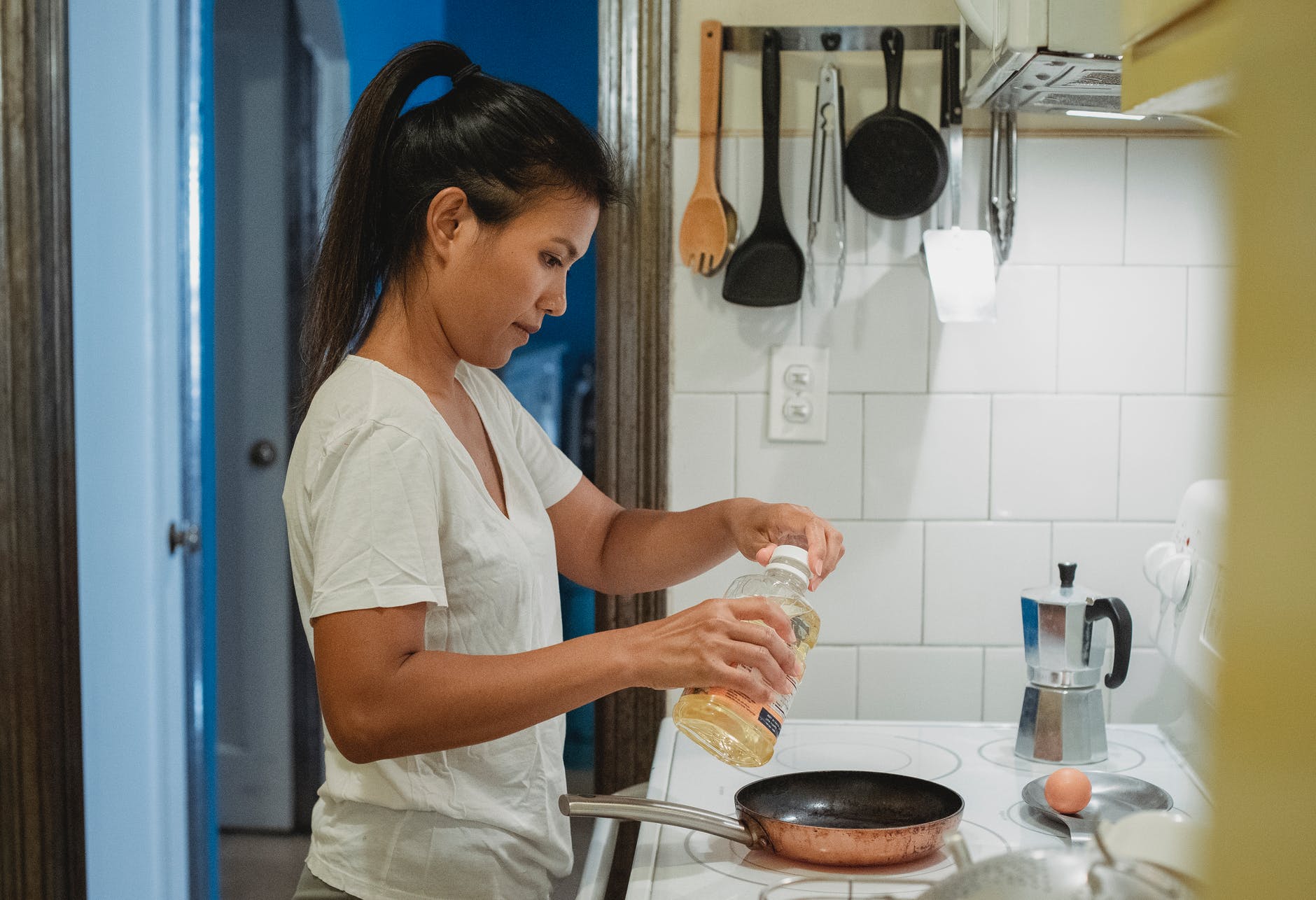Looking back at my childhood, there are a great many things I am thankful for. From running barefoot in the grass and climbing tress, to carting my baby sister around on my hip and dressing my little brother up like a pixie. And one thing I’m very thankful for is butter.
My parents aren’t always a picture of health, but if there’s one thing they do unequivocally right, it’s butter and olive oil. My mother would cringe and shudder and squirm if you tried to force her into buying one of those big jugs of ‘vegetable cooking oil’. While my friends’ mothers were gushing about their ‘I can’t believe it’s not butter’ margarine, my mum refused to be taken in by the hype, and diligently kept a dish of butter in the pantry for us kids to butter our bread with.
Vegetable oils have been enjoying a long marketing campaign as better for you than butter. Because they’re from vegetables, see? But the thing is, in my opinion, vegetable oils aren’t exactly natural. They are the complete opposite of natural, in fact. They didn’t exist until the 1900s because there wasn’t the technology and the chemicals needed to make them until that time. Just think about it: vegetables aren’t oily. To get oil out of vegetables requires a fair few steps…
This is no doubt over-simplified but basically you take your soy beans, rapeseed, sunflower, corn, safflower or whatever and grind it up, add a solvent so you can extract the oil, refine it with some sodium hydroxide, filter it, deodorise it, bleach it, etc. High heat, extreme pressure and a lot of chemicals later, and there you have it: vegetable oil. You can’t just squeeze it like you do an olive, or churn some cream till it becomes butter. Watch this video showing how canola oil is made. But full disclaimer, you might not want to watch it while you’re eating. It’s pretty gross.
For me, this processing is reason enough to steer clear of vegetables oils. It just doesn’t gel with my general hypothesis that eating more real food (and less processed food) is good for you. But if you’re not convinced to ditch the vegetable oils, I encourage you to look into it and make up your own mind. Nutrition research suffers from the same biases and corruption that almost all scientific research suffers from these days (see my post about investigating science here), so a simple Google of whether vegetables oils are healthy or not probably isn’t going to give you much clarity. But start digging and you might be surprised with what you find. Here are a couple examples…
Researchers who looked at the Sydney Diet Heart study and did an updated meta-analysis in 2013 found that, “In this cohort, substituting dietary linoleic acid in place of saturated fats increased the rates of death from all causes, coronary heart disease, and cardiovascular disease. An updated meta-analysis of linoleic acid intervention trials showed no evidence of cardiovascular benefit. These findings could have important implications for worldwide dietary advice to substitute omega 6 linoleic acid, or polyunsaturated fats in general, for saturated fats.” Hmm…
This 2015 systematic review and meta-analysis of observational studies concluded that “Saturated fats are not associated with all cause mortality, CVD, CHD, ischemic stroke, or type 2 diabetes… Trans fats are associated with all cause mortality, total CHD, and CHD mortality, probably because of higher levels of intake of industrial trans fats.” Hmm again…
And a 2016 re-look at the Minnesota Coronary Experiment of 1968-73 concluded, “Available evidence from randomized controlled trials shows that replacement of saturated fat in the diet with linoleic acid effectively lowers serum cholesterol but does not support the hypothesis that this translates to a lower risk of death from coronary heart disease or all causes. Findings from the Minnesota Coronary Experiment add to growing evidence that incomplete publication has contributed to overestimation of the benefits of replacing saturated fat with vegetable oils rich in linoleic acid.” Interesting stuff!
So, if you’re keen to avoid highly processed unnatural vegetable oils, how do you do it? Well, it’s pretty damn hard to avoid them if you eat packaged food. They’re in just about everything! So your best bet is, surprise surprise, having more whole foods and saving those processed foods for the occasional fun treat. Cook and bake things yourself, as much as you can. It’ll taste better, be better for you, and cooking/baking come with their own wellbeing boost (see my post about the benefits of cooking here). Bake with butter. Fry things things in butter, or ghee, or coconut oil. Use olive oil or avocado oil on your salads. Stick with things where you can easily imagine the process they’ve gone through to get on the supermarket shelf, and don’t get sucked in by food marketing. Simple really.

